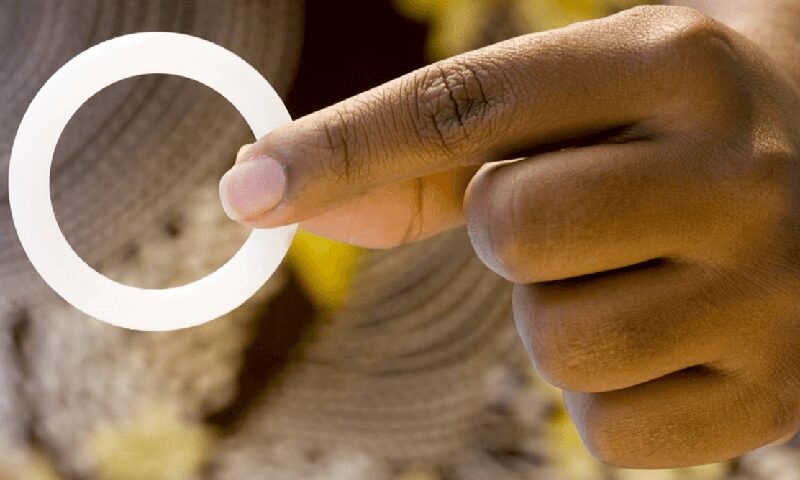A new report has proven dapivirine vaginal ring and daily oral tablet to be effective in preventing HIV infection.
This was according to scientists, who at the 9th IAS Conference on HIV Science in Paris, confirmed the popularity of the vaginal ring amongst teenage girls.
Advertisement
The Principal Investigator, NIH-funded Microbicide Trials Network (MTN), Dr Sharon Hillier said, “The study has demonstrated that the ring is safe in US teens, and now we need data on the safety and acceptability of the ring in African adolescent girls.
“The REACH study, scheduled to launch later this year, will generate this data,’’ she said. Hillier stated that an earlier NIAID-funded study called ASPIRE, which enrolled women ages from 18 to 45, tested a ring that continuously releases the experimental anti-HIV drug dapivirine in the vagina over one month.
“The results, reported in 2016, showed 27 per cent protection overall but no protection in women ages 18 to 21, likely due to low adherence.
“A subsequent exploratory analysis of ASPIRE study data found that, using the ring most or all of the time reduces the risk of HIV infection in women by at least 56 per cent.’’
Advertisement
Hillier said: “Adolescent girls and young women, ages 15 to 24, are at particularly high risk for HIV infection. They accounted for 20 per cent of new HIV infections among adults globally in 2015.
“Ninety-six girls enrolled at six U.S. sites were assigned at random to receive either the dapivirine ring or a placebo ring in a 3-to-1 ratio.
“Neither the participants nor the investigators knew who had received which ring until the end of the trial. Participants were asked to insert a new ring each month for 6 months.”
The Professor and Director of reproductive infectious disease research at the University of Pittsburgh School of Medicine further said: “Researchers monitored participants’ health and gauged adherence by measuring the amount of dapivirine in blood samples and used rings.
“Adherence to the ring was high: drug levels in 87 per cent of blood samples and 95 per cent of used rings met pre-specified adherence criteria.
Advertisement
“Overall, participants said they liked the ring at 93 per cent of study visits but were concerned about keeping the ring clean and fear of it being felt by primary sexual partner during sex.’’
Meanwhile, Dr Anthony Fauci, director of the National Institute of Allergy and Infectious Diseases (NIAID), part of the National Institutes of Health (NIH), noted that “Science has demonstrated that the HIV prevention needs of adolescents may be different from those of adults, which is why these new study findings are so important,’’ he said.



